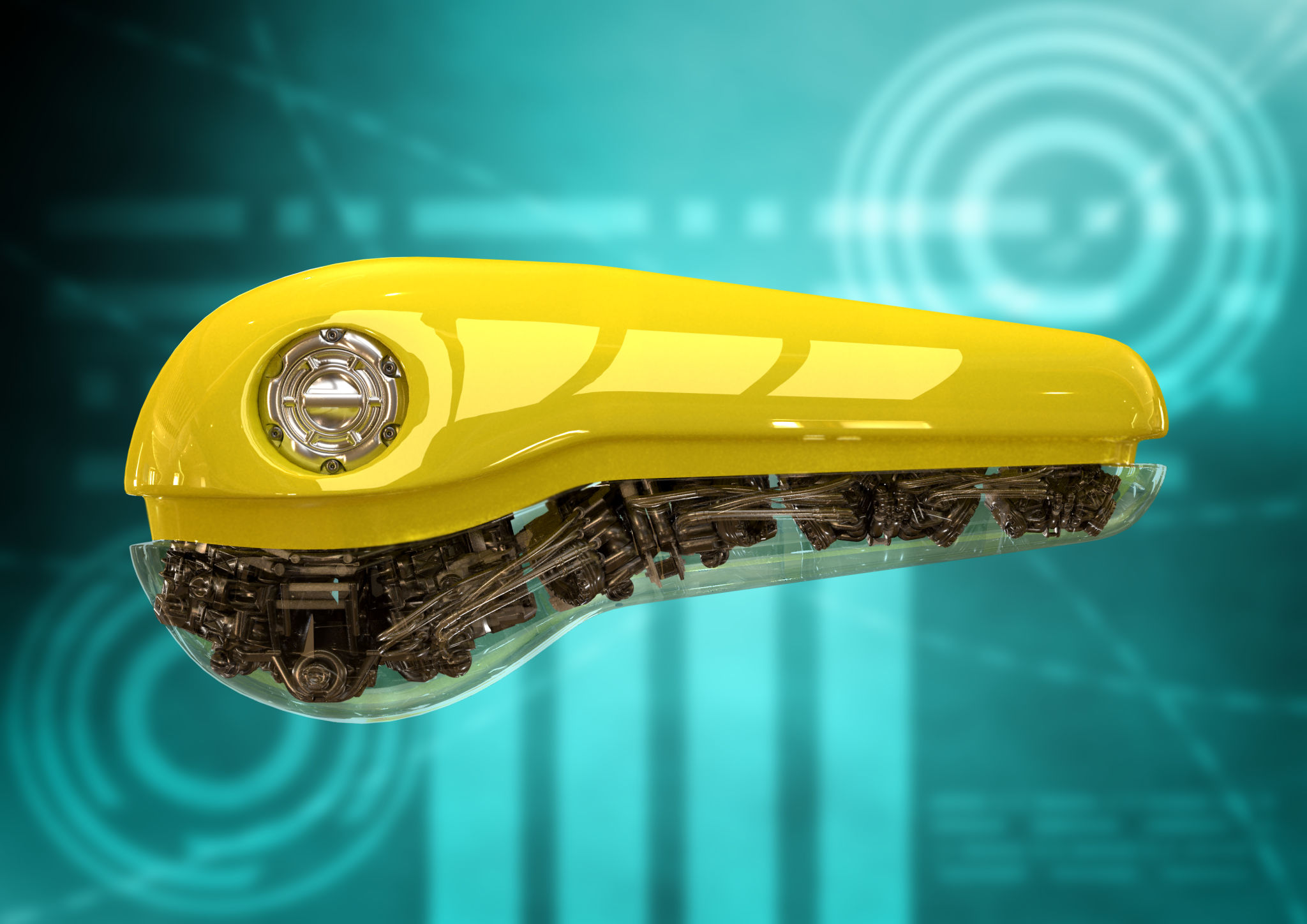Latest Innovations in Diabetes Care: What You Need to Know
BH
Continuous Glucose Monitoring: A Game Changer
Continuous glucose monitoring (CGM) systems have revolutionized the way individuals manage diabetes. These devices offer real-time glucose readings, allowing users to monitor their levels without the need for frequent finger-pricking. This technology provides a clearer picture of glucose trends, helping individuals make informed decisions about their diet and insulin use.
CGM systems are now more accessible and user-friendly than ever before. With features like smartphone connectivity and customizable alerts, users can receive timely notifications about their glucose levels. This innovation has significantly improved the quality of life for many people with diabetes.

Smart Insulin Pens
Smart insulin pens are another breakthrough in diabetes care. These devices work by tracking dosage and timing, ensuring that users administer the correct amount of insulin at the right time. Some smart pens even connect to mobile apps, providing comprehensive data on insulin use and glucose levels.
By offering detailed insights into insulin administration, smart pens help reduce the risk of errors and enhance treatment efficacy. This technology is a vital tool for individuals striving to maintain optimal glucose control.
Artificial Pancreas Systems
The development of artificial pancreas systems represents a significant leap forward in diabetes management. These systems automatically adjust insulin delivery based on real-time glucose readings, mimicking the function of a healthy pancreas. As a result, users experience fewer highs and lows in blood sugar levels.

Currently, several artificial pancreas systems are available on the market, with more under development. These devices promise to simplify diabetes management and improve long-term health outcomes for individuals with type 1 diabetes.
Advancements in Diabetes Medication
Recent advancements in diabetes medication have introduced new treatment options that offer better glucose control with fewer side effects. SGLT2 inhibitors, for example, help lower blood sugar levels by preventing glucose reabsorption in the kidneys.
GLP-1 receptor agonists are another promising class of medications that aid in weight loss and improve glycemic control. These medications provide a multifaceted approach to diabetes management, addressing both blood sugar and overall health.

Wearable Technology and Apps
Wearable technology and mobile applications have become indispensable tools for managing diabetes. Devices such as smartwatches and fitness trackers enable users to monitor their physical activity, heart rate, and sleep patterns—all crucial factors in diabetes management.
Moreover, apps designed specifically for diabetes care allow users to log their food intake, track medication schedules, and receive personalized insights. These digital tools empower individuals to take control of their health and make informed lifestyle choices.
The Role of Telemedicine
The rise of telemedicine has transformed how people with diabetes access healthcare services. Virtual consultations provide patients with convenient access to healthcare professionals from the comfort of their homes. This approach is particularly beneficial for routine check-ups and ongoing diabetes education.

Telemedicine also facilitates better communication between patients and healthcare providers, ensuring that individuals receive timely guidance and support. As a result, telemedicine is an invaluable component of modern diabetes care.
Future Prospects in Diabetes Care
The future of diabetes care looks promising, with numerous innovations on the horizon. Research into stem cell therapy and gene editing holds potential for groundbreaking treatments that could potentially cure diabetes.
Additionally, advancements in nanotechnology may lead to more effective drug delivery systems, improving treatment outcomes. These emerging technologies offer hope for a future where diabetes management is more efficient and less burdensome.

Conclusion
The latest innovations in diabetes care are transforming the way individuals manage their condition. From continuous glucose monitors to artificial pancreas systems, these advancements offer improved control and quality of life for those living with diabetes. As technology continues to evolve, it paves the way for even more effective solutions in the fight against diabetes.